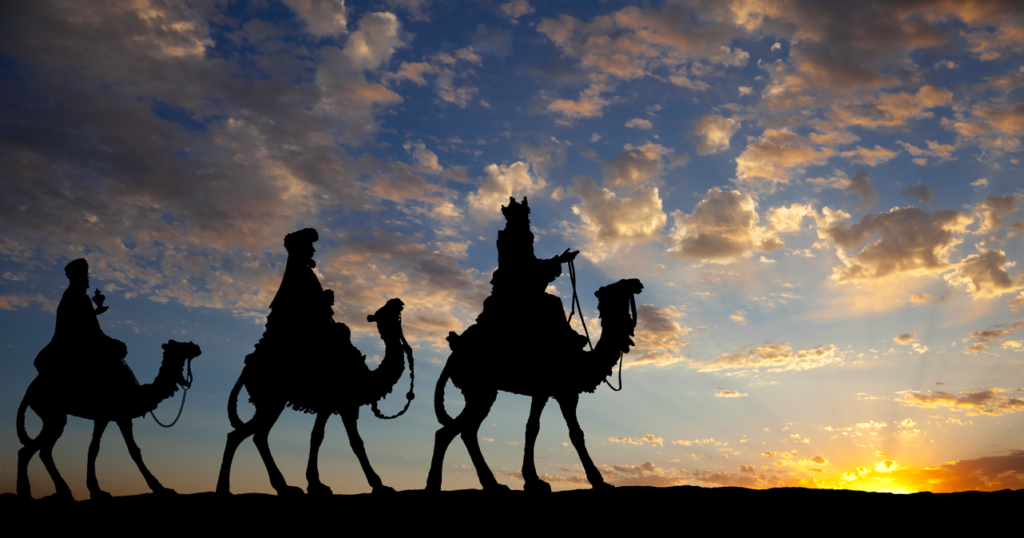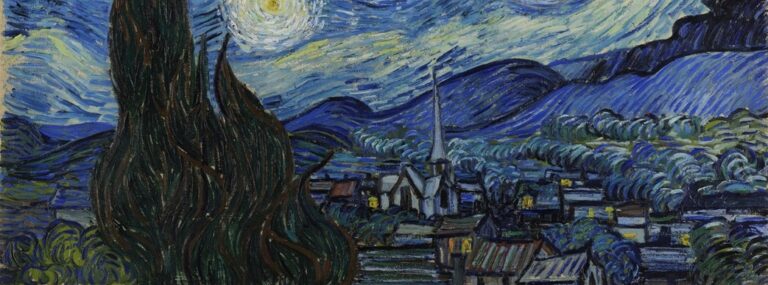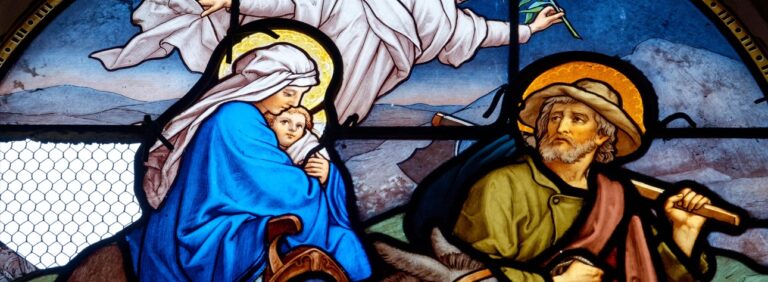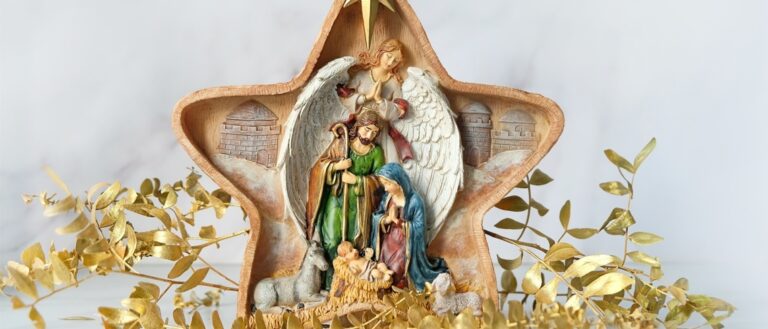
THE STRANGE AND WONDERFUL BLESSINGS OF EPIPHANY

If you ever need evidence that many of us are not listening all that closely to the Sunday readings, watch the faces of the assembly on the feast of the Epiphany (though you’ll have to be an altar server, lector or even the presider to do this without being conspicuous!). Each year, when the words “a multitude of camels shall cover you” are read from the ambo, I am astonished that there are no looks of credulity or horror or even smiles of amusement. I seem to be alone in finding the image both appalling and funny. When we were first married, my husband used to work at a little farm-zoo at which a camel named Haji resided. Not only was Haji large, but he was also belligerent, smelly and spat all over people. Having little opportunity to associate with camels other than Haji, I am not sure if he was typical or not. I can say with confidence, though, that the last thing I am interested in receiving as a blessing is to be smothered in camels. But that is the thing with blessings. One person’s blessing is another person’s curse. Sort of like trash and treasure. Being covered by a camel for a 4’8” urban Canadian woman is not the blessing it would have been for a nomadic people, seven-hundred years before Christ. At that time, camels were not only means of transportation, their hair was woven into clothing, rugs and tents and their milk provided nourishment. Even their dried up dung was useful for fuel. All of this is an illustration of how very different one group of humans can be from another. And the acceptance and celebration of such difference is an important aspect of the Epiphany message.
At Epiphany, we are told that the Gentiles have become heirs to the promises of God. God is not the God of only one small group of chosen people in a middle-Eastern world. Rather, God is a God for everyone. The chosen people of Israel retain a special place in the heart of God and a unique and irrevocable role in God’s plan of salvation. However, the message of Epiphany is that God’s love knows no borders of geography, ethnicity or even religion. It is for this reason that the wise men come from the world beyond Israel searching for the Christ Child. They represent the inclusion of outsiders in God’s embrace. They follow a star, set high in the heavens, accessible to everyone to see and to follow if they choose. In artistic tradition, the wise men are often represented as African, Asian and Caucasian to further emphasize this point about inclusion. (The Scriptures themselves are silent on what countries the visitors came from other than ones east of Jerusalem.)
Pope Francis’ prayer intention for January is for the gift of diversity in the Church. Not everyone is comfortable with diversity. Many of us like uniformity, predictability and routine. But the pope reminds us that there is no need to fear the diversity of charisms, of ritual traditions, of cultures and personalities in the Church. Indeed, if one “reads” the Word of God inscribed on creation, it would seem that diversity is central to God’s vision for us. Not only are there billions of humans, each completely unique, there are more than eleven thousand species of grass, four hundred thousand kinds of flowers. There are around three hundred and sixty breeds of dogs. Cats – only fifty – but still more than enough types of cats. There are a shocking two-hundred and fifty types of dandelion (at least several of which will inhabit my lawn come spring.) Scientists have shown how critical biodiversity is to the survival of plants, animals and humans. St. Thomas Aquinas observed this phenomenon and came to the conclusion that, since each individual element of creation praises God by being fully itself as God made it to be, and since God is too great to be praised by only one form of anything, an almost infinite variety is necessary for the praise of God.
Epiphany may, thus, provoke us to examine our consciences regarding our embrace of difference. How do we cherish and nurture all the uniqueness of each created being (humans and non-human)? How do we create a place of welcome for the strangers we encounter? Do we celebrate diversity in the art we display in our places of worship? Do we pray and sing in a variety of languages and cultural styles? Do we actively seek to learn what God has to teach us from those who are very different in culture, class, temperament or opinion from us? Are we open to the epiphanies that God presents to us every moment of every day? Could we even entertain the idea of a camel cozying up to us as a blessing?
Christine Way Skinner is a doctoral student at Regis St. Michael’s at the Toronto School of Theology and has been a lay pastoral minister for more than 30 years. Together with her husband, Michael, she has parented 6 wonderful children. She has written a number of books for Novalis on living the Catholic faith for both adults and children.



R Thank you for your inspiring reflection fr the feast of the Epiphany.
Maura Mason
Dear Christine, I thoroughly enjoyed this article. I was lector at the Mass for Epiphany this year and as I read it I imagined it did have something to do with cultural differences but never understood really how truly valuable a camel was to people in that region at that time.. You have educated me and I thank you. Problem within our church these days is those that are well meaning but seek to turn the church back to before Vatican II are attacking the Pope as evil and nothing could be further from the truth. May we all accept with grace the changes that have, are and will take place within Holy Mother Church trusting that the Pope is indeed chosen by the Holy Spirit and these changes are God’s holy will.
Thank you for your insightful and somewhat humorous commentary. I enjoyed it immensely. May we be as welcoming as Christ! Blessings
Such wonderful, and wonderous, thoughts on Epiphany! Thank you ♥️